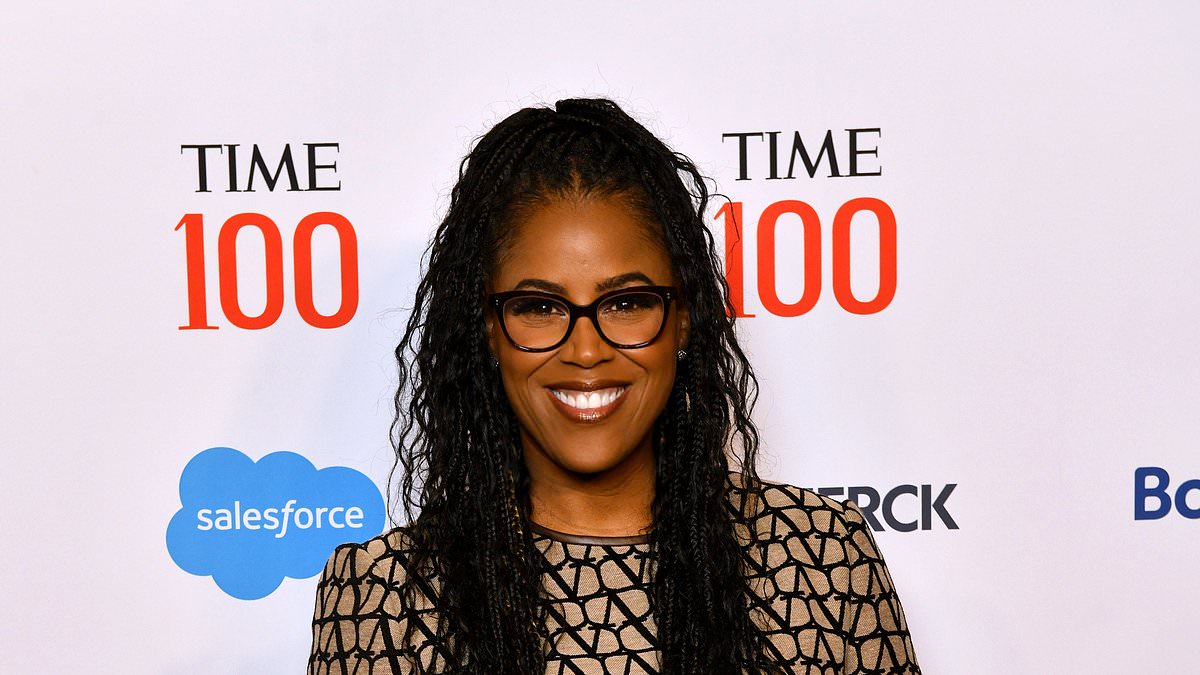Despite the common phrase that suggests otherwise, successful women are making it clear that the concept of “having it all” is essentially a fallacy. High-profile women in various industries are affirming the notion that the idea of a Superwoman – a woman who can juggle a thriving career and a fulfilling personal life with ease – is not realistic and can even pose a potential hazard if propagated.
Thasunda Brown Duckett, the CEO of Fortune 500 financial services company TIAA, has openly stated that work-life balance is a lie. She has also spoken candidly about the sacrifices she has had to make to reach her current position, specifying that she dedicates only 30% of her time to her children. This multi-tasking often leaves her with feelings of inadequacy in different areas of her life.
Duckett’s thoughts were mirrored by Charlene White, an ITV presenter, who claimed that an excessive focus on work-life balance breeds a constant state of guilt. As a solution, White suggests prioritizing being the best one can in any given day rather than achieving a perfect equilibrium between personal and professional responsibilities.
Chiming in on this issue is Kate Grussing, the founder of Sapphire Partners. She warned of the potential dangers connected to feeding the illusion to young women that they can have everything. According to Grussing, such misleading assumptions harm women by making them feel deficient when they inevitably fail to meet these unrealistic standards. Grussing also highlighted the importance of trade-offs, a necessity as various life demands require diverse levels of attention.
Lending her voice from within the entertainment industry, pop star Lily Allen has spoken about the impact parenthood had on her career. Allen confessed that having children significantly disrupted her career in pop-stardom despite being fulfilling in her personal life. She voiced her annoyance at the misleading “have it all” expression stating that it’s frankly impossible.
The experiences of these women bring to light some startling facts. Data from Fawcett Society revealed that approximately 250,000 mothers in Britain have exited the workforce, largely due to challenges associated with childcare. For those who continue to work after having children, the financial consequences are hefty, with mothers facing a 60% drop in earnings compared to fathers over a ten-year period following the birth of their first child. Moreover, upwards of 40% of mothers surveyed by the Fawcett Society turned down promotions, expressing concern over the impact on their childcare duties.
In the face of this dynamic societal issue, women are starting to shatter the deceptive Superwoman archetype. The modern superwoman is now defined as a multitasker who is allowed, and even expected, to drop the ball sometimes. The women leading this charge empathize that while it’s important to strive for success and happiness in all areas of life, accepting the illusion of ‘Superwoman’ can do more harm than good. The journey to be the best at what one does, they encourage, is instead a journey of balance and acceptance where it’s perfectly acceptable to prioritize certain aspects of life over others at various times.



